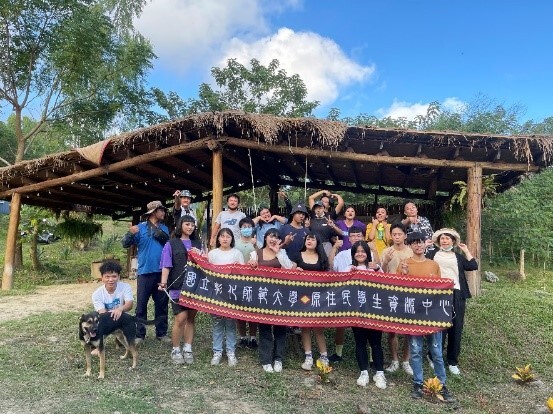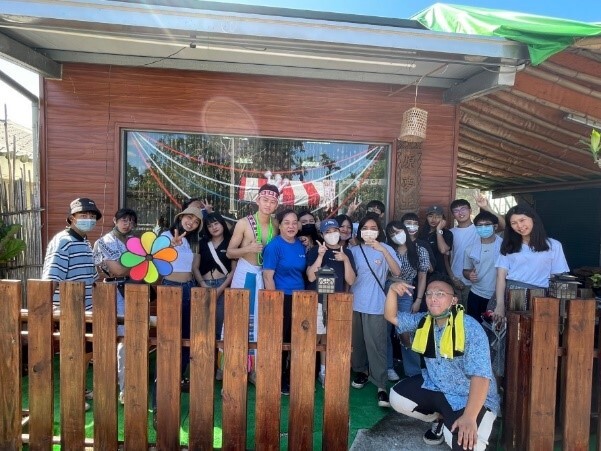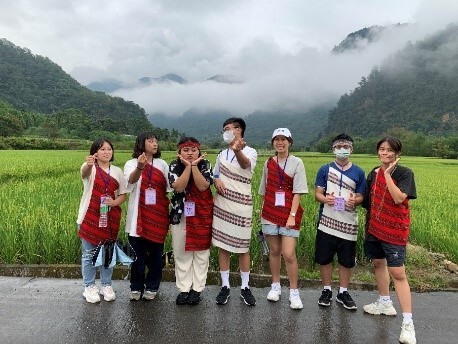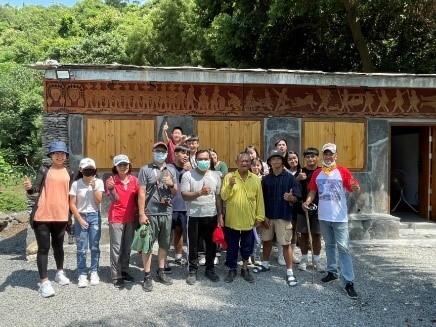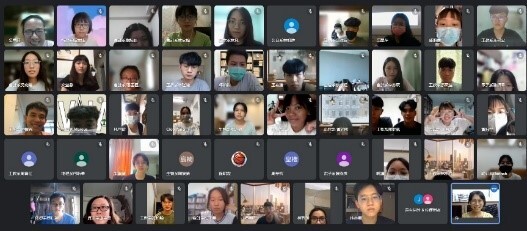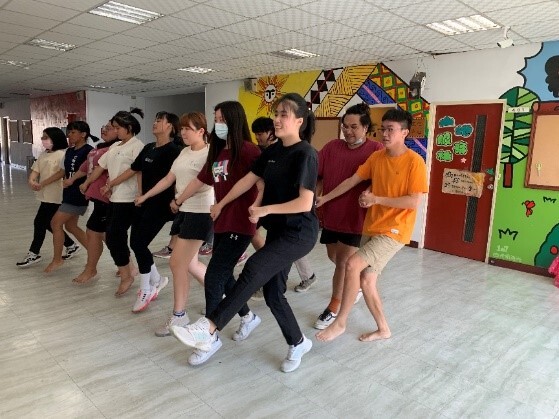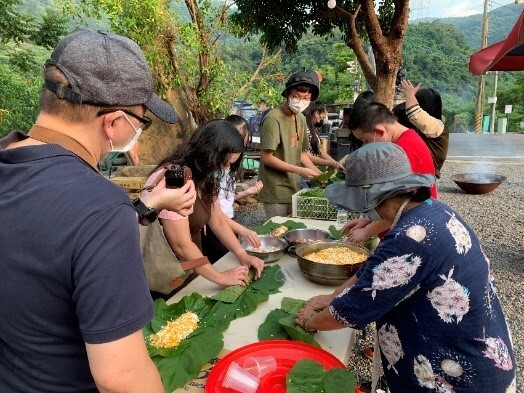SDG 11.2.6 Record and preserve cultural heritage
Since 2017, NCUE has set up the "Indigenous Student Resource Center" to support indigenous people in developing the diverse wisdom and talents of the indigenous community. The Center also builds indigenous-related data and conducts analysis, and integrates various resources of indigenous people in order to protect and record the indigenous cultural heritage of Taiwan. Every year, in order to pass on and preserve the traditional culture (intangible heritage) of the indigenous peoples and to enhance the teachers' and students' understanding of the cultures of the indigenous peoples, the Center organizes culture-related activities. Related activities are listed in Table 1.
Table 1: List of cultural activities for indigenous peoples in 2022
|
No. |
Activity |
Number of participants |
|
1 |
Visit to the ‘aTolan Village to Learn About the Culture of the Amis People of Taitung |
16 people |
|
2 |
Visit to the Fata'an Village to Learn About the Culture of the Amis People of Hualien |
16 people |
|
3 |
Visit to the Alang Gluban Village to Learn About the Culture of the Seediq People |
7 people |
|
4 |
Visit to the Cukalatju Village to Learn About the Culture of the Paiwan People |
18 people |
|
5 |
Seminar on Wild Edible Plants and the Power of Seeds - Understanding Amis Wild Edible Plant Culture |
60 people |
|
6 |
Amis Dance Teachers’ Course |
15 people |
|
7 |
Paiwan Food Culture Handicraft Course |
18 people |
1. Tribal field visits: In 2022, the Center visited the Amis, Seediq, and Paiwan tribal communities to learn about their humanistic characteristics and traditional culture.
(1)Visit to ‘aTolan Village (Figure 1):
|
|
(2)Visit to the Fata'an Village (Figure 2):
|
|
(3)Visit to the Bakei Village (Figure 3):
|
|
(4)Visit to the Cukalatju Village (Figure 4):
|
|
2. Seminar on Wild Edible Plants and the Power of Seeds - Understanding Amis Wild Edible Plant Culture (Figure 5):
|
|
3. Amis Dance Teachers’ Course (Figure 6):
|
|
4. Paiwan Food Culture Handicraft Course (Figure 7):
|
|
For more photos of the activities, please refer to the website of the Indigenous Resources Center: https://student.ncue.edu.tw/files/11-1017-2282-1.php?Lang=zh-tw.

